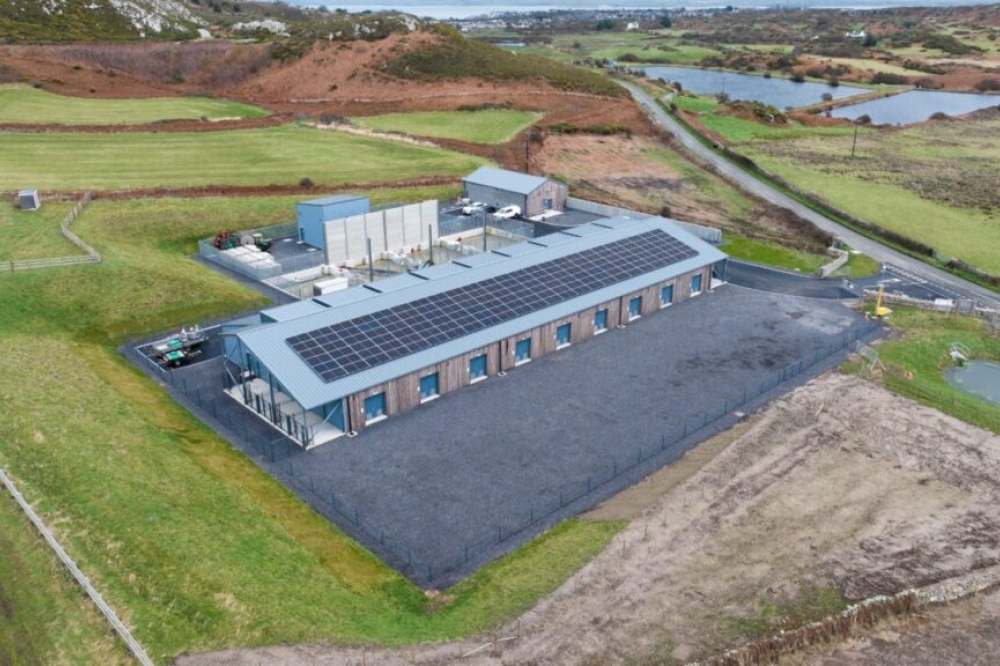Inyanga Marine Energy, Verdant Morlais partner for tidal energy

Inyanga Marine Energy Group has entered into a Memorandum of Understanding (MoU) with Verdant Morlais Ltd (VML) for a significant tidal energy initiative in Wales.
The collaboration will focus on establishing a 4.9MW tidal stream energy project at the Morlais site in Wales. Inyanga will be responsible for providing a comprehensive engineering, procurement, and construction solution to VML, along with a long-term operations and maintenance contract.
The project will be located near other existing VML and Inyanga initiatives. Both companies secured contracts for tidal projects during the fifth Contracts for Difference (CfD) allocation round, with Inyanga and VML securing projects of 10MW and 4.9MW respectively.
Joe Klein, a board director at VML, stated: “With a connection to the national grid and all essential infrastructure in place, the Morlais demonstration site offers a unique opportunity for the global tidal energy industry. We are excited to initiate the first 4.9MW phase of our commercial project at Morlais, with plans to expand to an additional 25MW.”
Richard Parkinson, CEO of Inyanga Marine Energy Group, commented: “This partnership allows us to achieve economies of scale and provides a clear commercial trajectory for our project. By working together, we can foster innovation and reduce costs, potentially speeding up the development of the tidal energy sector.”
Andy Billcliff, chief executive of Menter Môn Morlais Limited, which oversees the Morlais tidal energy site, added: “We are delighted to witness this innovative collaboration between two tidal energy firms awarded projects in the latest CfD round. Their combined efforts and the resulting economies of scale and collaborative innovation are expected to significantly impact the success of the Morlais project, furthering the commercial viability of tidal energy as a sustainable renewable resource.”
The potential of tidal power to contribute to a net-zero future is gaining attention. According to a report by LUT University in Finland, the UK needs to develop 27GW of wave energy capacity by 2050 to achieve a cost-effective, net-zero energy system, alongside other renewable sources like solar, wind, and geothermal.
Investment in the marine energy sector is growing. A report from Marine Energy Wales noted that the sector received a record-breaking £103.4 million in investments and expenditures in 2022, nearly four times the amount from the previous year.
Technological advancements are also on the rise. Inyanga Marine Energy’s HydroWing, a patented technology, has introduced a modular barge system designed to reduce the operational and maintenance costs of tidal energy.

































